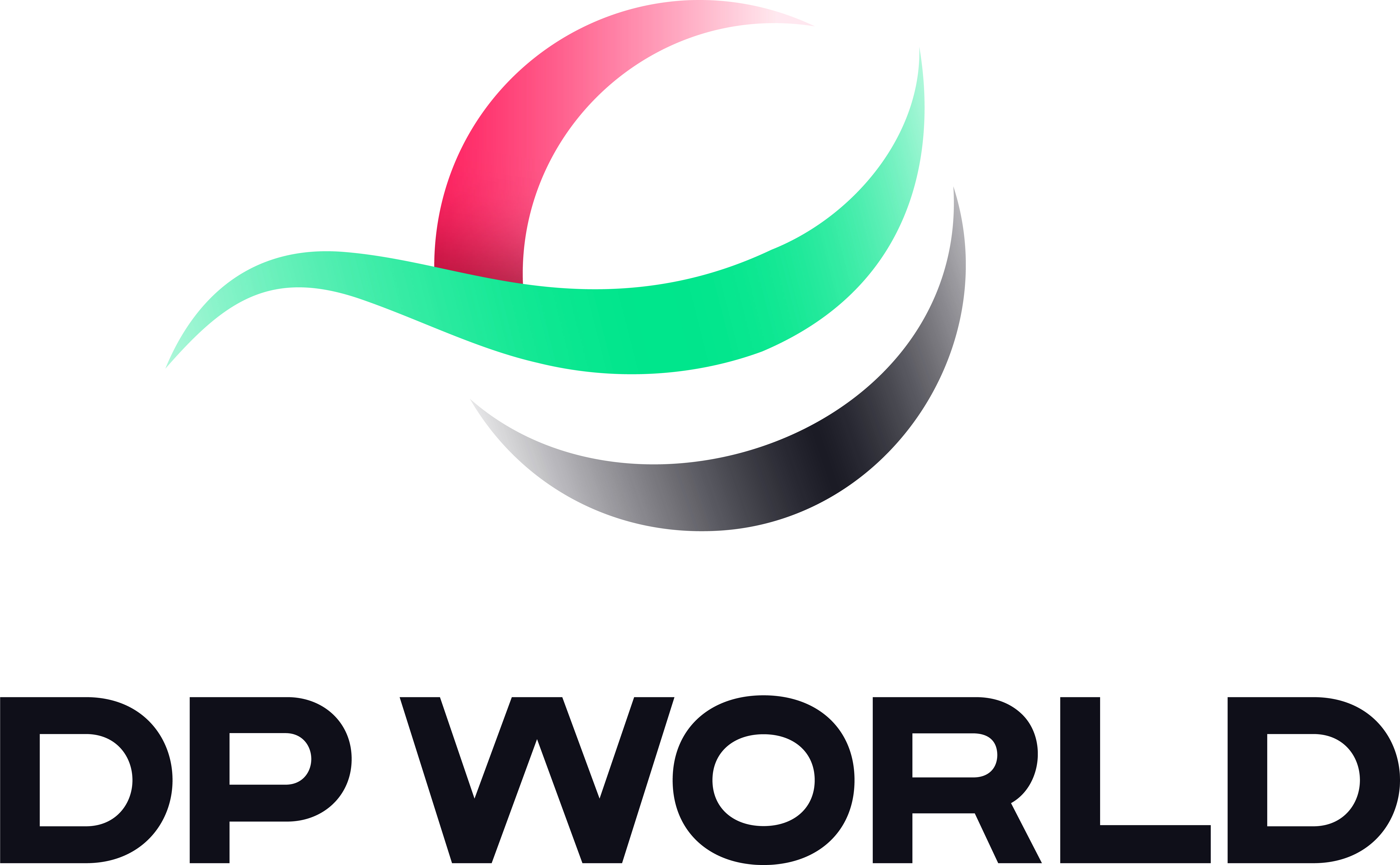DP World Charts a New Course: From Port Authority to Global Trade Innovator
Glen Clark, CEO of DP World US and Mexico, sits down with Supply Chain World to discuss transforming challenges into opportunities, leveraging technology, and prioritizing sustainability to redefine the supply chain landscape.
In a recent interview, Glen Clark, CEO of DP World US and Mexico, and Head of Contract Logistics for the Americas, sat down with Supply Chain World to share insights into the evolving landscape of supply chains and DP World's strategic response.
In the article, “Building Resiliency,” Clark looks back at his more than 37 years of experience in logistics, operational support, and engineering to frame up the opportunities and challenges facing the supply chain today. He notes that the COVID-19 pandemic underscored the essential role of supply chains, prompting companies to prioritize their efficiency and resilience.
“For many companies, it’s been a case of surviving more than thriving,” Clark said. “There have been too many disruptions to list – the pandemic, evolving sustainability requirements, the disruption caused by geopolitical conflict, and issues with canals. These challenges have resulted in operational changes, causing companies to reevaluate and de-risk their supply chain. Aside from circumstantial challenges, the market is rapidly evolving.”
Clark highlighted DP World's transition from focusing primarily on ports and terminals to becoming a leading smart trade enabler. “We’re on a transitional journey, moving from what I call the economic zone, or in other words, the ports and terminals side of the business, and towards becoming a leading smart trade enabler,” he told Supply Chain World. “Our technology looks at a business from end to end, identifying the most pressing customer needs to then provide effective solutions.”
This shift involves leveraging technology to meet customer needs comprehensively and integrating services through strategic acquisitions. DP World has expanded its footprint to nine countries in the Americas, operating 14 ports and terminals, multiple contract logistics facilities, and opening 17 freight forwarding branches in the last 18 months. Other key highlights from the interview include:
- Resilience in the Face of Disruptions: The COVID-19 pandemic, sustainability requirements, geopolitical conflicts, and other disruptions have highlighted the need for companies to prioritize supply chain efficiency and resilience.
- Shift Towards Nearshoring: The trend towards nearshoring, notably with DP World’s new regional distribution center in the Dominican Republic, aims to smooth the transition of goods and address rapid market changes.
- Focus on Sustainability, Creativity, and Agility: DP World emphasizes these three areas to navigate challenges and ensure the movement of supply, aiming for carbon neutrality by 2040 and net zero emissions by 2050.
- Sustainable Operations: DP World is actively working towards carbon neutrality by 2040 and net zero emissions by 2050, employing automation and other innovative solutions to minimize environmental impact and improve operational efficiency.
- Leveraging Automation for Sustainability: Automation is used both as an efficiency and sustainability tool, reducing waste and carbon emissions through innovative solutions like optimized packaging.
- Investment in People: As the supply chain becomes increasingly complex, investing in personnel and skills development is crucial. Clark emphasized the importance of people, processes, and systems, and advocates for attracting talent and fostering a positive company culture that promotes growth and development.
- Collaboration and Investment for Future Growth: Acknowledging potential economic and geopolitical tensions, DP World plans for 2024 focus on investment, growth, and execution, working closely with customers to plan for disruptions and develop alternative solutions.
These highlights underscore DP World's strategic pivot towards becoming a comprehensive supply chain solutions provider, emphasizing technology, sustainability, and human capital to navigate and leverage the complexities and opportunities within the global supply chain industry.
Read the full Supply Chain World interview here.
###

